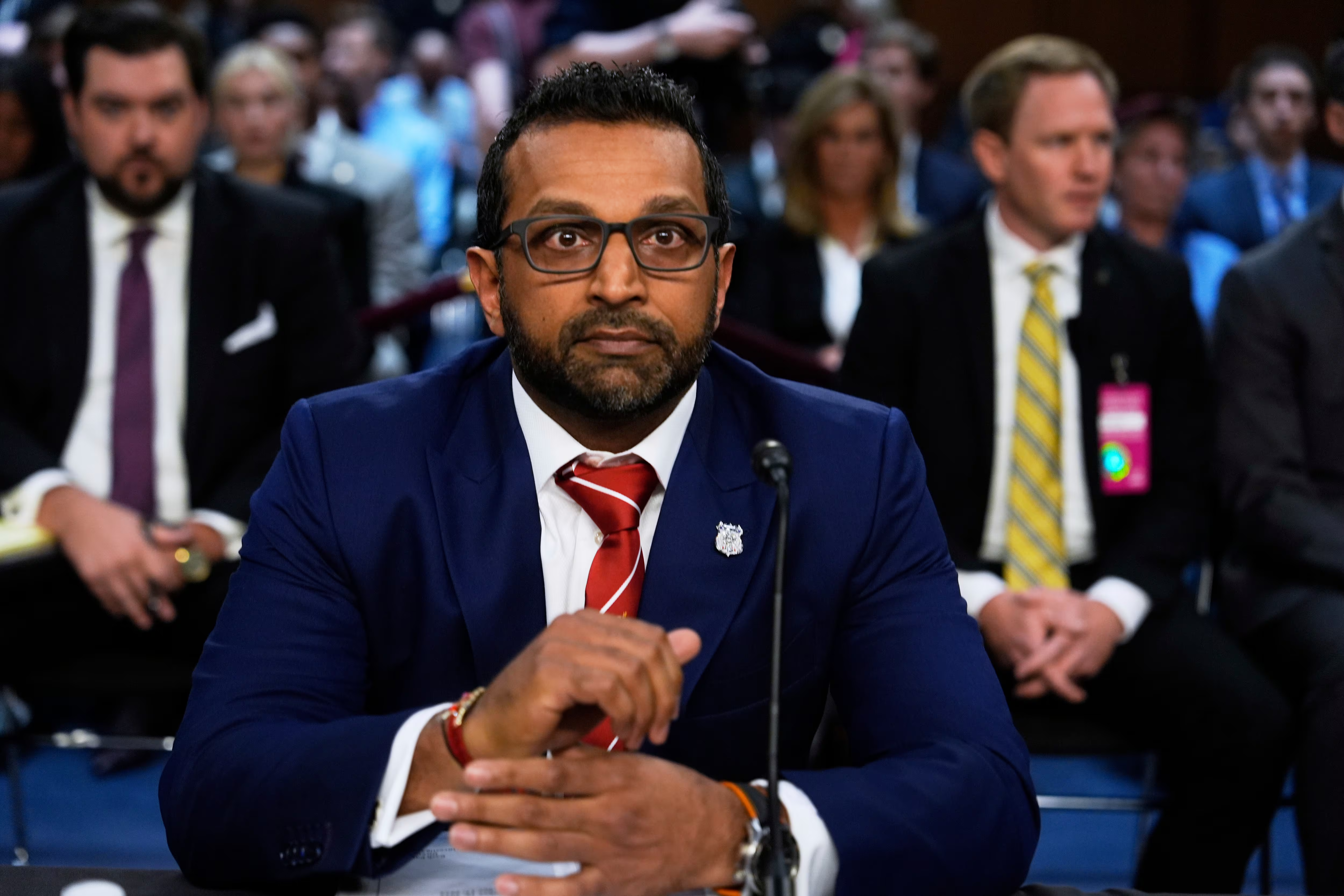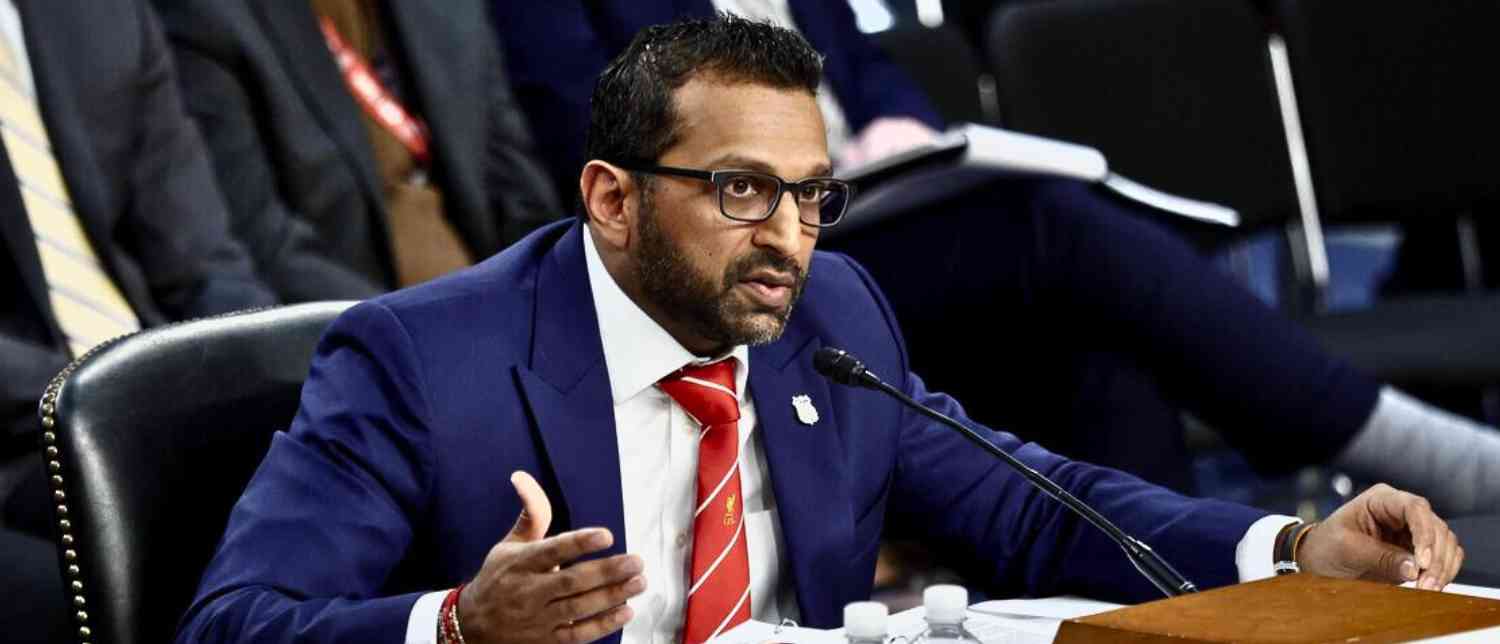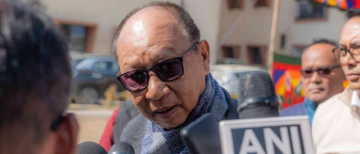FBI Director Kash Patel recently testified in a tense Senate Judiciary Committee hearing amid significant turmoil within the FBI and the ongoing investigation into the assassination of conservative activist Charlie Kirk. The hearing, marked by heated exchanges especially between Patel and Democratic senators, highlighted deep partisan divides over the FBI's leadership, transparency, and handling of high-profile cases like Kirk’s murder.

Patel, who has only been FBI Director for a short time, staunchly defended his record and the bureau’s investigations. Speaking for over three hours, he responded to criticisms about errors in the early stages of Kirk’s assassination probe — notably a social media post he made shortly after the killing claiming “the subject” was in custody, when the alleged individual was later released after no connection was found. Patel insisted that his intent was to engage the public transparently and timely, even if the wording created confusion. He also revealed new details on the case and stressed that the suspect had been arrested within 33 hours of the murder being widely publicized.
However, Patel’s testimony was overshadowed by partisan clashes. Democratic senators castigated him for what they described as a politicized FBI under his leadership, accusing him of dismissing experienced FBI agents for political reasons and fostering a climate of disorder. Some Democrats called Patel the “most partisan FBI director ever,” blaming his management for internal staff departures and undermined credibility at a critical moment for the bureau. In response, Patel denied politicizing the bureau and accused Democrats of using the hearing as a means of gaining publicity rather than focusing on public safety.
_1758088527.jpeg)
One notable moment of confrontation was when Patel exchanged sharply worded insults with Senator Adam Schiff, illustrating the deep polarization surrounding his tenure. On the other hand, Republican senators largely backed Patel, praising the rapid progress in the Kirk case and other FBI accomplishments under his watch, including efforts against violent crime and human trafficking.
The backdrop to Patel’s hearing includes broader concerns over political influence in federal law enforcement agencies, a challenge the FBI has faced for decades but which critics argue intensified with recent leadership changes. Patel, a loyalist to former President Donald Trump, has been both defended and criticized for aligning closely with the administration’s priorities. The White House reiterated strong support for Patel, emphasizing the FBI’s commitment to the Kirk investigation and assuring that political disputes should not hinder justice
Beyond the Kirk case, Patel faced questions about other controversial issues, such as the handling of Jeffrey Epstein investigation files and personnel decisions at the FBI. Lawsuits filed by former senior agents claim illegal firings under his leadership, a charge Patel denied.
The public and political reactions to Patel’s testimony reflect concerns that extend beyond individual cases. Many Americans worry about the impartiality and effectiveness of critical institutions like the FBI during politically fractious times. The Kirk assassination, a shocking event that has elevated fears of political violence in the country, adds urgency to demands for clarity, accountability, and competent leadership.

In this environment, Patel’s combative testimony can be seen as both a defensive strategy and an effort to assert control in a chaotic moment for the FBI. Whether this approach will restore confidence in the bureau or deepen divisions remains to be seen. The FBI’s future effectiveness depends heavily on its ability to navigate political pressures while upholding justice and public trust—a difficult balance in an increasingly polarized nation.
In summary, Kash Patel’s Senate testimony amid the FBI turmoil and Charlie Kirk assassination investigation exposed sharp partisan divisions and underscored the challenges facing federal law enforcement leadership today. While Patel defended his record and stressed swift action on the Kirk case, Democrats accused him of politicizing the FBI and mishandling investigations. The hearing reflects broader tensions over institutional integrity and public trust in a time of rising political violence and polarization. The coming weeks will be critical in shaping the FBI’s role and credibility under Patel’s direction, as further congressional oversight unfolds and the Kirk case progresses.

This complex situation focuses attention not just on Patel's individual leadership but on how U.S. institutions respond under pressure to safeguard justice, transparency, and national security while maintaining political neutrality for the public good. Such scrutiny is essential to ensuring that law enforcement serves all Americans fairly amid turbulent times.
With inputs from agencies
Image Source: Multiple agencies
© Copyright 2025. All Rights Reserved. Powered by Vygr Media.
























